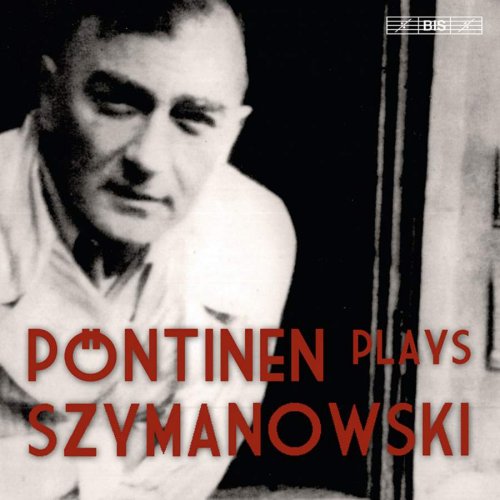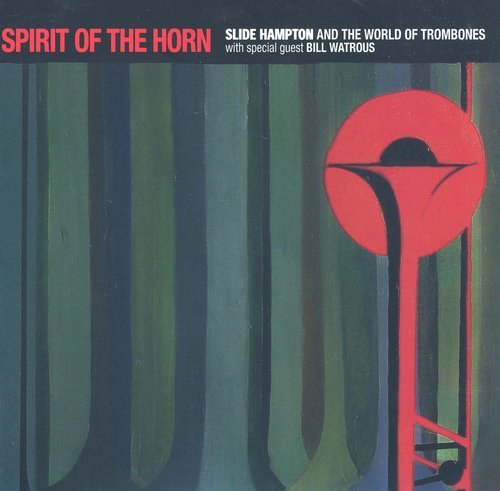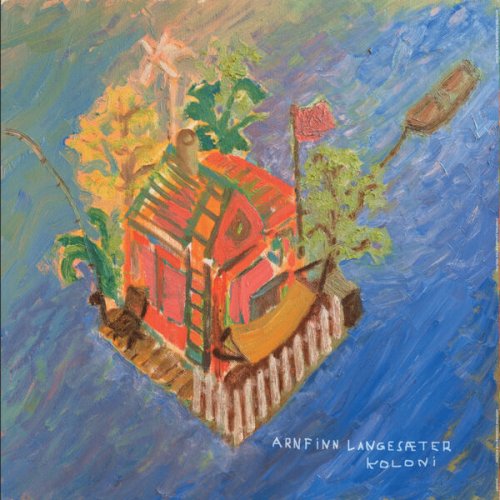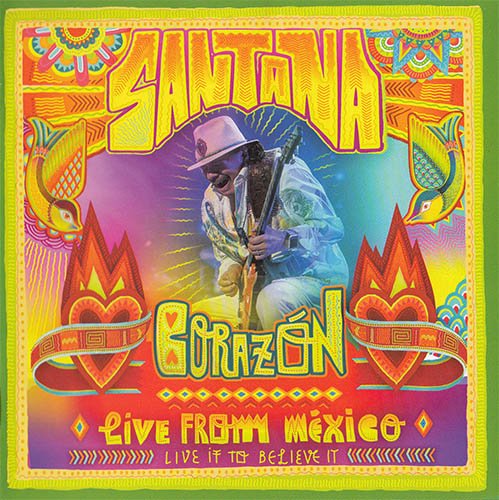Roland Pöntinen - Pöntinen Plays Szymanowski (2008)

Artist: Roland Pöntinen
Title: Pöntinen Plays Szymanowski
Year Of Release: 2008
Label: BIS
Genre: Classical
Quality: FLAC (image + .cue, log, artwork)
Total Time: 77:37 min
Total Size: 242 MB
WebSite: Album Preview
Tracklist:Title: Pöntinen Plays Szymanowski
Year Of Release: 2008
Label: BIS
Genre: Classical
Quality: FLAC (image + .cue, log, artwork)
Total Time: 77:37 min
Total Size: 242 MB
WebSite: Album Preview
Karol Szymanowski (1882–1937)
[01] Sonata No. 3, Op. 36
[02] - [05] From Twenty Mazurkas, Op. 50 (Nos. 9-12)
[06] - [08] Masques, Op. 34
[09] - [11] Métopes, Op. 29
[12] - [13] Two Mazurkas, Op. 62
Polish composer Karol Szymanowski drew influences from French, German, Austrian, and Russian styles without affiliating himself with any of them. Now that this has been recognized as a virtue rather than a defect, his music is being programmed increasingly often. In the case of the piano music the listener often gets crowd-pleasing virtuosity as a bonus. The collection of piano pieces here, from the middle and later parts of Szymanowski's career, gives a good feel for several of his idioms and is superbly recorded and performed. Swedish pianist Roland Pöntinen leads off with the densest work on the program, the Sonata No. 3, Op. 26, which manages to weave the four sections of a traditional sonata into a web of chromatic polyphony. Masques, Op. 34, and Métopes, Op. 29, are sets of programmatic pieces; the Métopes depict figures from Homer's "Odyssey," while the Masques are theatrical in nature. Both groups allow Szymanowski to display another key element of his style: the incorporation of Romantic exoticism into a modern idiom. Hear the modal backgrounds sketched by the piano in "Shéhérazade," track 4. These are, despite the composer's advice to his publisher not to believe pianists "should they say anything to you about the huge quasi difficulties of my new piano style," quite challenging, but Pöntinen is equally confident in both virtuoso passages and in the gnarlier atmosphere of the sonata. Perhaps the most unusual pieces here are the mazurkas. Szymanowski turned to this specialty of Chopin's at the end of his life, and he made something distinctively new of the dance. The four pieces drawn from the Twenty Mazurkas, Op. 50, don't have the rigor that Bartók drew from his ethnomusicological studies, but they're not in a completely different ballpark, either; they are not Romantic pieces. The Two Mazurkas, Op. 62, have melodies almost like Chopin's, with a lightly chromatic accompaniment and a lovely retrospective quality that Pöntinen catches perfectly. Superbly clear sound completes a satisfying collection of piano music. -- James Manheim
![Dominique Fils-Aimé - My World Is The Sun (2026) [Hi-Res] Dominique Fils-Aimé - My World Is The Sun (2026) [Hi-Res]](https://www.dibpic.com/uploads/posts/2026-02/1771404623_folder.jpg)
![Marco Mezquida - Táctil (2026) [Hi-Res] Marco Mezquida - Táctil (2026) [Hi-Res]](https://www.dibpic.com/uploads/posts/2026-02/1771330590_folder.jpg)
![Jay Cinema - A Smile to a Tear (2025) [Hi-Res] Jay Cinema - A Smile to a Tear (2025) [Hi-Res]](https://img.israbox.com/img/2026-02/15/3den0r6ij0gj805kc59em92op.jpg)
![Susi Evans - Klezmer Playbook 2 Bonus Album (2025) [Hi-Res] Susi Evans - Klezmer Playbook 2 Bonus Album (2025) [Hi-Res]](https://img.israbox.com/img/2026-02/16/xforkxm1atgcv3mt6zn6i274q.jpg)

![Alex Alicke - The recovered files (2026) [Hi-Res] Alex Alicke - The recovered files (2026) [Hi-Res]](https://www.dibpic.com/uploads/posts/2026-02/1771222991_cover.jpg)


